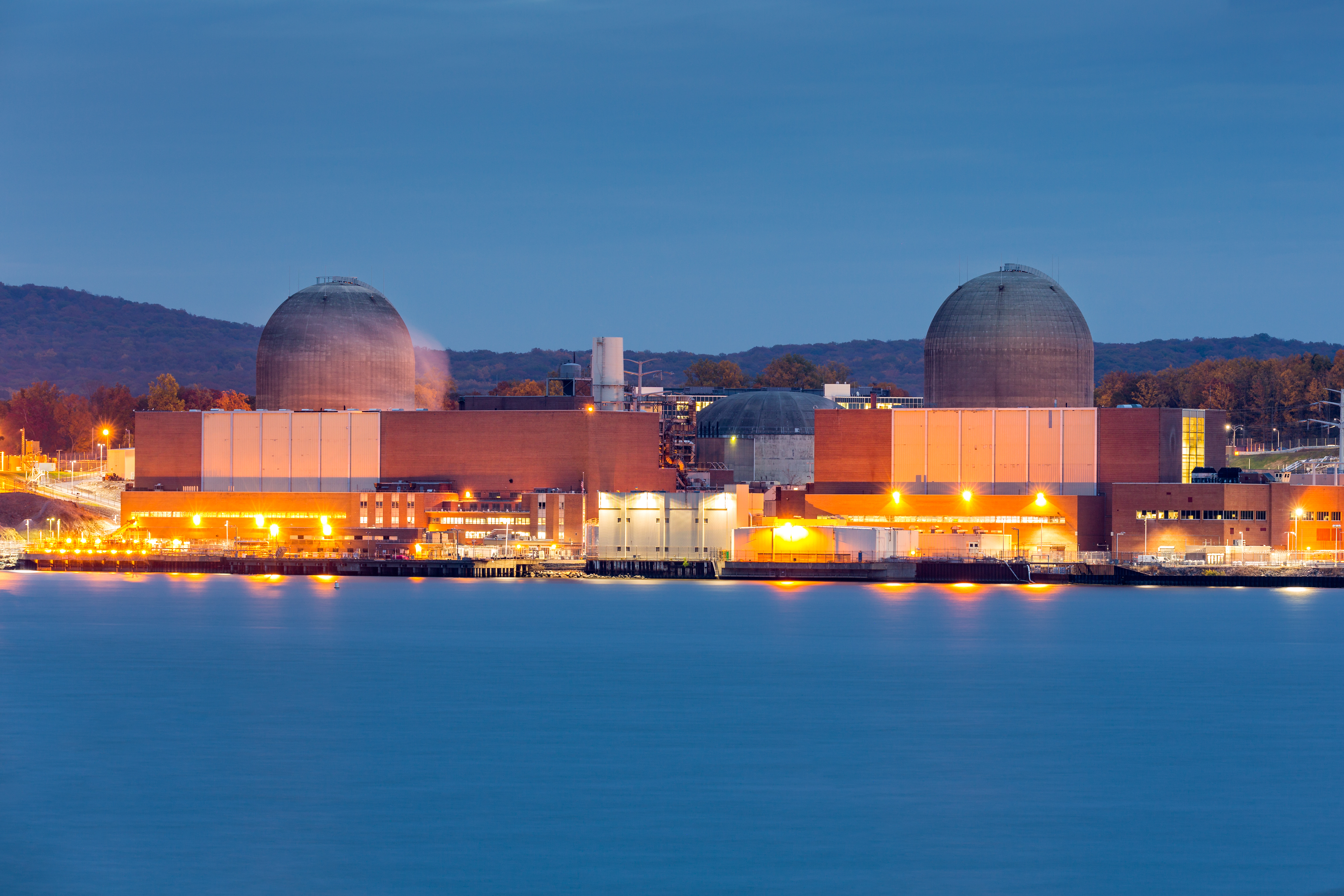Background
Decommissioning is defined by the International Atomic Energy Agency (IAEA) as the administrative and technical actions taken to allow the removal of some or all of the regulatory controls from a facility. The use of the term ‘decommissioning’ implies that no further use of the facility for its existing purpose is foreseen. The actions taken in decommissioning need to be such as to ensure the protection of the work force and continuous protection of the public and the environment. This typically includes reducing levels of residual radionuclides so that material and buildings can be safely released and reused. From a nuclear security perspective, proper arrangements need to be maintained during the entire decommissioning process and need to be applied in a manner that is commensurate with the security risks posed by remaining nuclear and other radioactive materials.
Since the inception of the nuclear industry, over 100 commercial power reactors, 250 experimental or research reactors, and numerous fuel cycle facilities have been retired from operation. As of today, only some of these facilities have been fully dismantled. In addition, several States are currently facing anticipated decommissioning needs due to major changes in their nuclear energy mix or high costs for the renovation of their nuclear power fleet and facilities. It is predicted that up to 200 reactors may shut down by 2030 and that around 100 additional reactors will shut down by 2060 worldwide.
The growing numbers of decommissioned facilities are impelling regulators and operators to re-evaluate their security requirements and operation processes while balancing safety and security objectives. Furthermore, the construction of special fuel storage facilities might be necessary and specific protective measures might be required.
Decommissioning is a complex, long-term and costly process that requires States, competent authorities, operators and specialised organisations to work together to tackle multiple challenges and barriers. Each phase of the decommissioning process must be carefully planned, executed and controlled with precision. From a security perspective, this requires identifying a continuously evolving risk, designing and implementing flexible and graded physical security arrangements, addressing cybersecurity threats, protecting sensitive facility security information, managing changes in the workforce (including new personnel and background checks), maintaining a strong security culture, effectively integrating nuclear safety and safeguards requirements and complying with the high standards of operation that the nuclear industry demands.
Objectives
The purpose of this workshop was to review and discuss all security matters related to the decommissioning of nuclear facilities. Key points included:
- Identifying major security challenges related to each phase of the decommissioning process;
- Developing a better understanding of why the various decommissioning strategies may have an impact on security needs;
- Discussing how security needs related to the decommissioning process can be identified and minimised from the earliest stages of the lifetime of a nuclear facility;
- Identifying interfaces between nuclear safety and nuclear security during decommissioning and discussing best practices to prevent and mitigate conflicts;
- Developing a better understanding of how roles, responsibilities and organisational structures may evolve during the decommissioning process and how these changes may impact security;
- Discussing the importance of mitigating insider threats during decommissioning, including ensuring the role of nuclear material accounting and control and accurate nuclear material measurements;
- Identifying the need for security awareness and competencies for the various staff, in particular non-security professionals, involved in the decommissioning process;
- Discussing best practices for ensuring a regulatory oversight which is commensurate to the evolving hazards and risks;
- Identifying and discussing possible cybersecurity threats when decommissioning nuclear facilities.
- Discussing and understanding the internationally accepted recommendations, requirements, etc., for the security of decommissioned nuclear facilities
The scope of the event covered security matters as they relate to all nuclear facilities, but discussions and case studies mostly referred to the decommissioning of nuclear power plants.
Audience
To ensure that participants benefitted from the exchange of best practice in different countries, we invited approximately 30 participants. Attendees needed to meet their own costs for travel and accommodation, but WINS covered the workshop costs. No registration fee was required.
We welcomed applications from the following organisations:
- Nuclear operators
- Companies that specialise in decommissioning
- Waste management organisations, nuclear and hazardous
- Practitioners of defueling, transfer and storage of spent nuclear fuel, dismantling, demolition and management of waste
- Operations and maintenance managers
- Security managers from the nuclear industry
- Leading researchers in the field of decommissioning
- Regulators and other governmental organisations
- International organisations
WINS is promoting gender diversity in its events, and female participants were highly encouraged to apply to this workshop. As part of our Gender Champions programme, funding support for travel and participation was available.
Process
This workshop was interactive, professionally facilitated, and consisted of presentations, plenary discussions and break out groups. It was conducted in English and drew only on unclassified information. Based on the workshop’s findings, WINS produced a report highlighting the key findings of the event.
